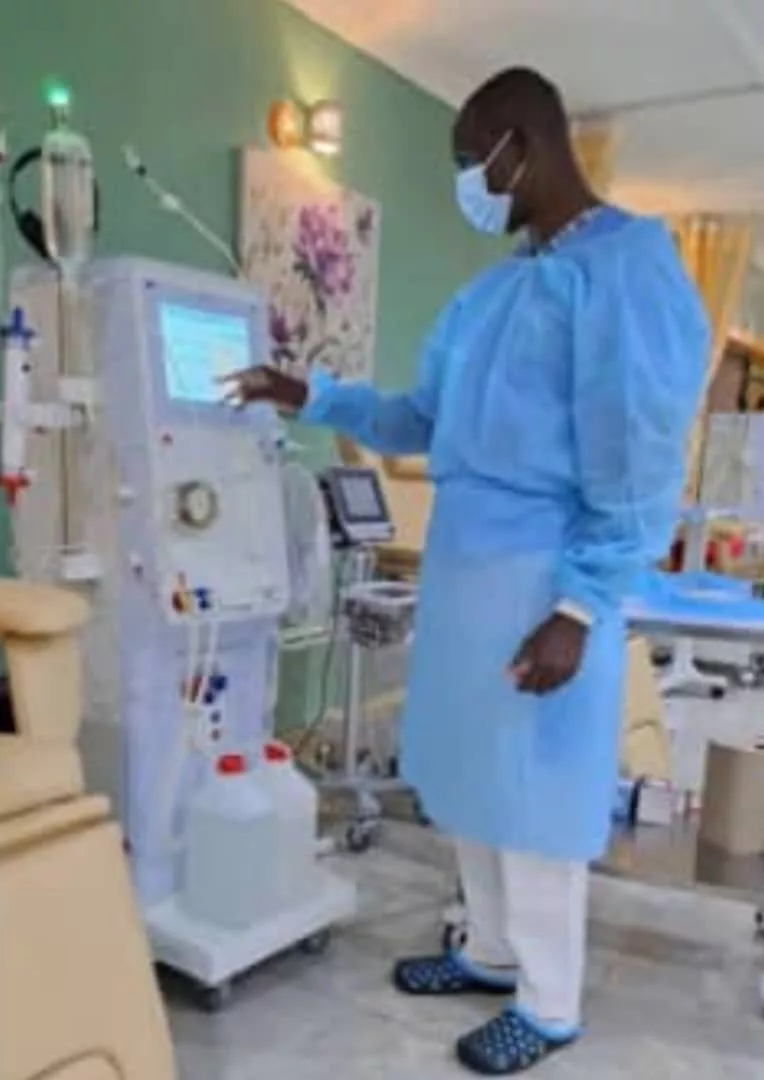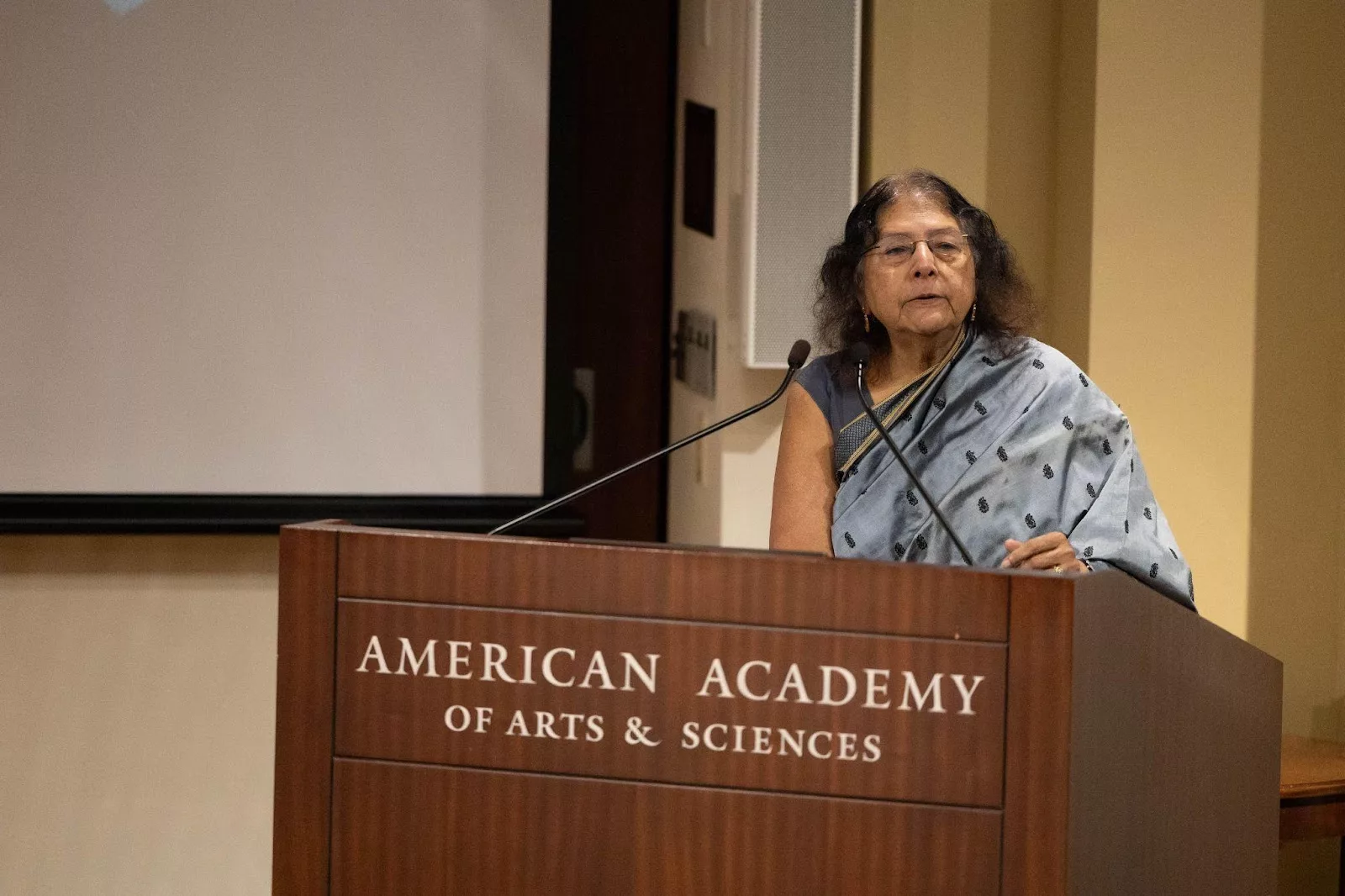|
Getting your Trinity Audio player ready...
|
Writes Wendy Olivier
Dialysis is a treatment process of removing excess fluid and waste from the blood in people whose kidneys can no longer perform these functions naturally.
Kidney disease is a condition where the kidneys lose their ability to efficiently filter waste products and excess fluids from the blood. This natural function is critical to maintaining balance in the body.
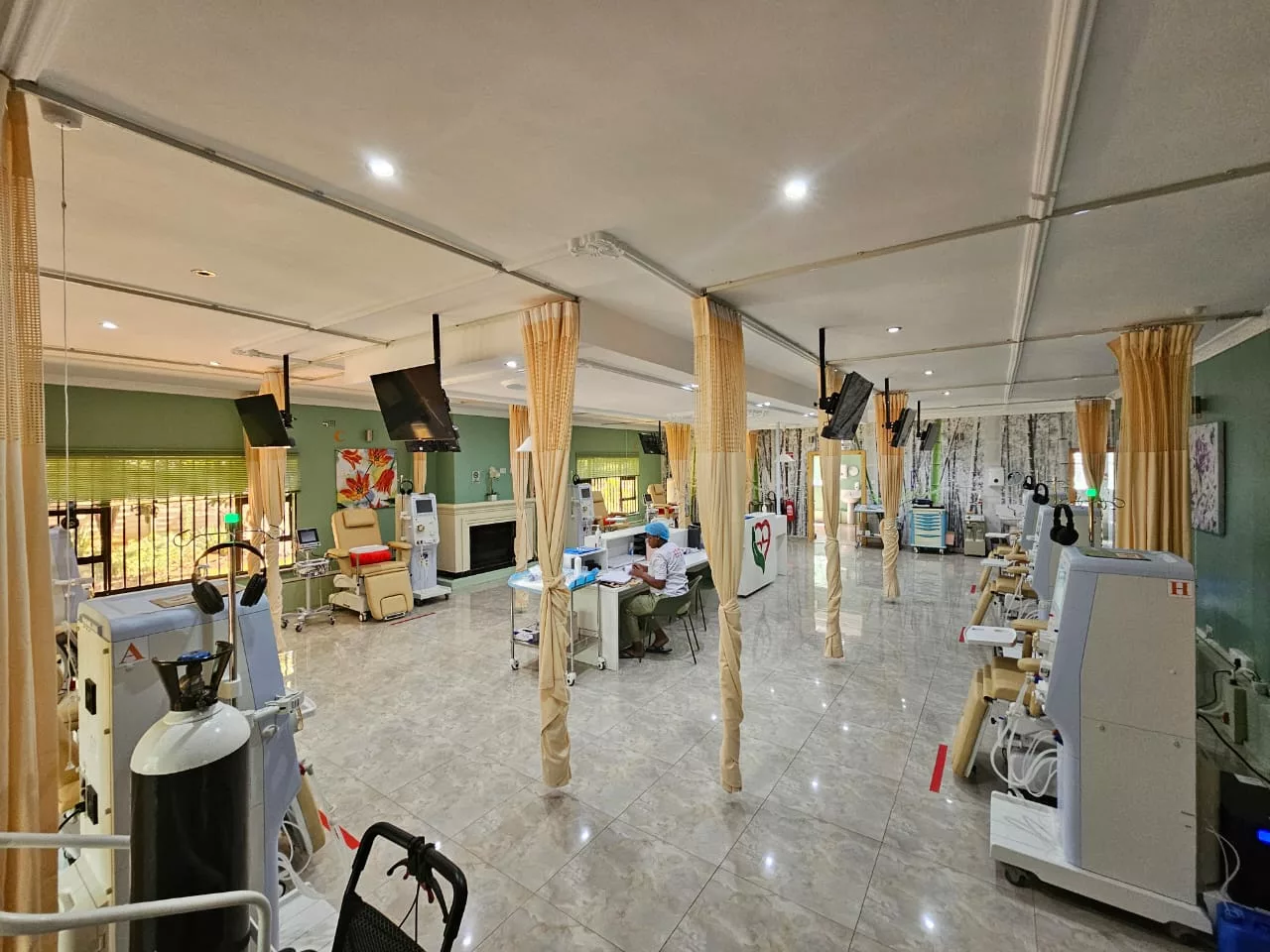
Kidney failure can result from various factors, including high blood pressure, diabetes, genetic predispositions, and the use of certain medications, coupled with lifestyle choices. When kidney function falls below a critical threshold, a person may need dialysis to survive. Early detection and proactive management can often slow the progression of kidney disease, reducing the likelihood that dialysis will ever be needed.
Our Dialysis Clinic in Mt. Pleasant, Harare, enhances the services provided by existing public dialysis centers. Due to high demand, we’ve received requests to establish additional centers that meet our Trauma Standards. To introduce new patients to our services, we offer the first session free of charge, allowing them to experience our approach firsthand.
WHAT IS DIALYSIS
Dialysis is a medical procedure designed to perform some of the functions of healthy kidneys, primarily the removal of waste products, toxins, and excess fluids from the blood. It becomes necessary when kidneys are unable to filter blood on their own, typically in the later stages of chronic kidney disease (CKD) or acute kidney injury. Dialysis acts as a lifeline, keeping patients stable while awaiting a kidney transplant or, for some, as a long-term solution for kidney failure.
TYPES OF DIALYSIS
Hemodialysis – Blood is passed through an external machine where it’s filtered and then returned to the body. This is usually done at a dialysis center several times a week.
Peritoneal Dialysis – A cleansing solution is introduced into the abdominal cavity through a catheter, where the peritoneal membrane acts as a natural filter, allowing waste to be drawn out.
IMPORTANCE
Dialysis helps prevent complications that arise from untreated kidney failure, such as high blood pressure, fluid overload, and electrolyte imbalances. The buildup of waste can lead to organ damage. However, dialysis isn’t a cure. It can be time-consuming and challenging, with patients spending several hours per session. For some, it can be twice per week, which can impact their quality of life.
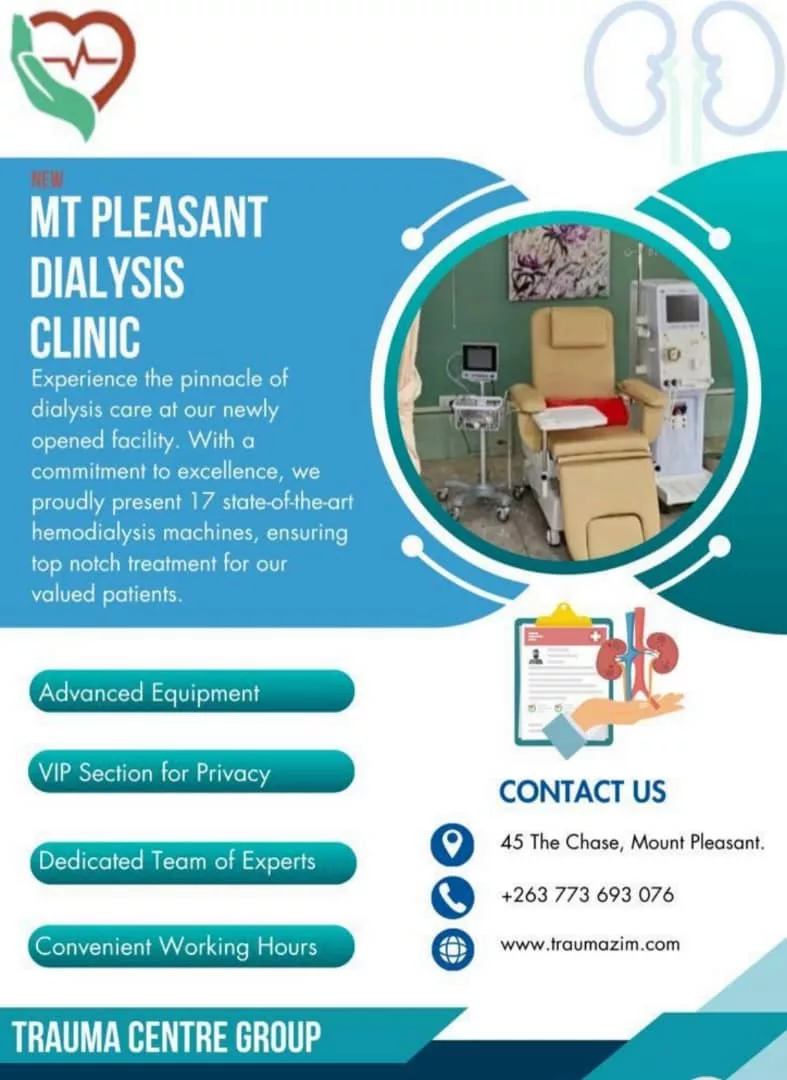
COPING
For those with kidney disease, particularly in advanced stages, lifestyle changes such as dietary restrictions, careful management of fluid intake, and regular medication become essential. Many patients hope for a kidney transplant, which can eliminate the need for dialysis and provide a better quality of life. Supportive care, technological advances, and education about kidney health are essential for helping those with kidney disease maintain a fulfilling life.
Patients arrive from either home or their admitting hospital, receive their treatment, and then return to their residence or original hospital. Currently, we accept Cimas for medical insurance, and we are in discussions to soon accept additional insurance providers.
At The Trauma Group, we have played a key role in the revival of Open Heart Surgery. Our current focus is on re-establishing affordable renal dialysis facilities, with the ultimate goal of developing a Renal Transplant Programme.
While Zimbabwe currently lacks a kidney transplant program, we are capable of performing preliminary procedures locally before arranging for patients and donors to travel abroad for the transplant itself. Given the number of patients who currently travel abroad for organ transplants, it is crucial to reassess and invest in developing this vital capability within the country.
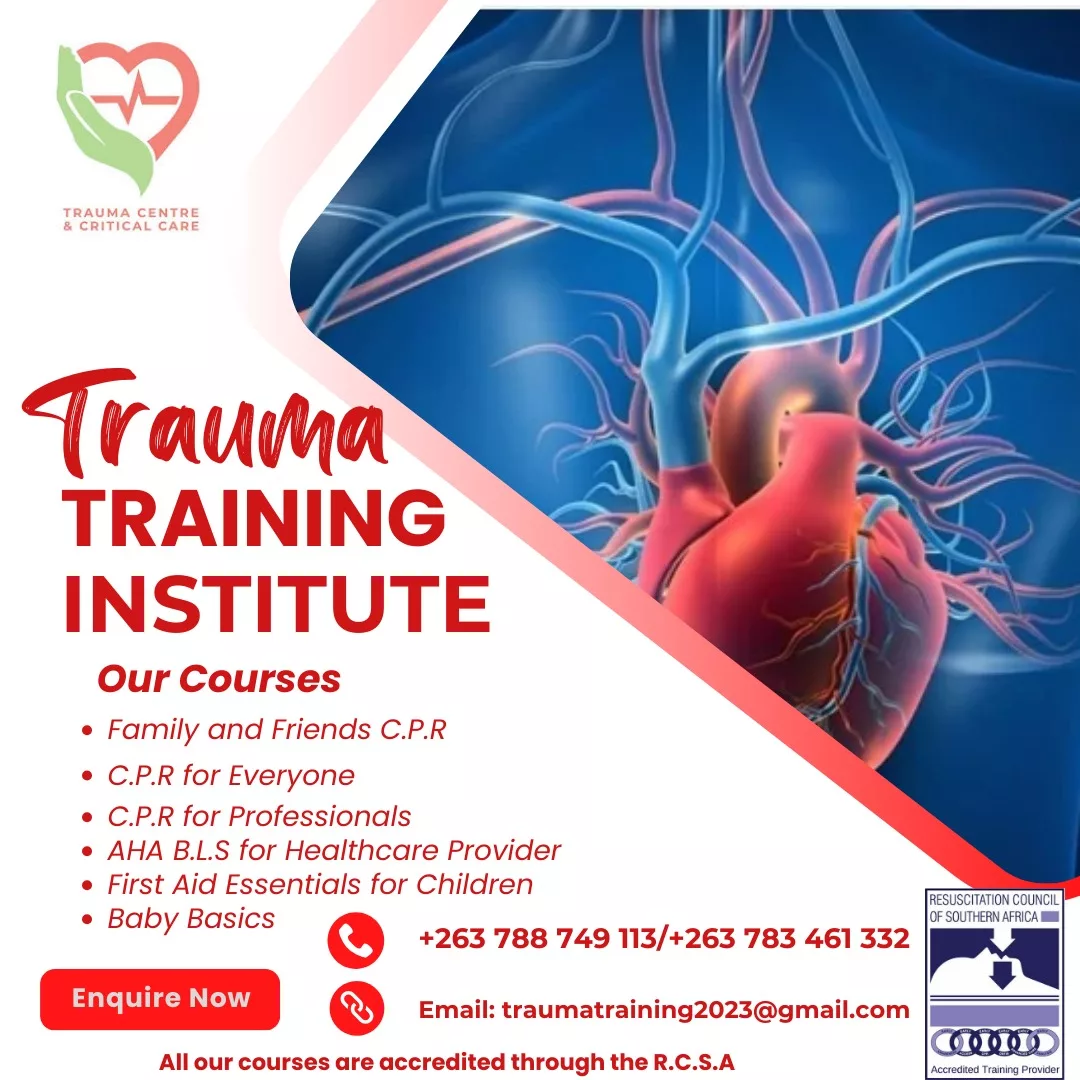
Additionally, The Trauma Group has forged a valuable partnership with a top hospital group in Delhi, India, allowing us to facilitate the transfer of patients needing kidney transplants. This collaboration ensures a smooth and efficient process for patients seeking specialized care abroad.
Our country has a strong foundation of expertise across various medical fields, and it’s essential to establish more facilities to make advanced procedures accessible locally. Some regulations, however, need to be revisited—current restrictions prevent medical professionals from advertising their services, which means that many people remain unaware of the advanced treatments already available here. For instance, cardiac patients can now have stent procedures done locally, but how many are aware of this option? Raising awareness about the capabilities we already possess is crucial to ensuring patients know they can receive high-quality care without needing to go abroad.
In conclusion, private-public partnerships, like those between The Trauma Center and the Zimbabwe Association of Church-Related Hospitals (ZACH), which primarily serves rural areas, are helping bridge the healthcare gap in Zimbabwe. The Trauma Group has conducted numerous free courses and training sessions to equip local medical professionals to handle complex procedures. However, word of mouth alone is not enough to inform the public that many procedures, once only available abroad, can now be performed locally. Without better information dissemination, patients continue to seek treatment overseas for procedures that are accessible at home. Local care allows patients to recover among family and friends, sparing them the exhaustion of long flights and the challenges of being far from home.
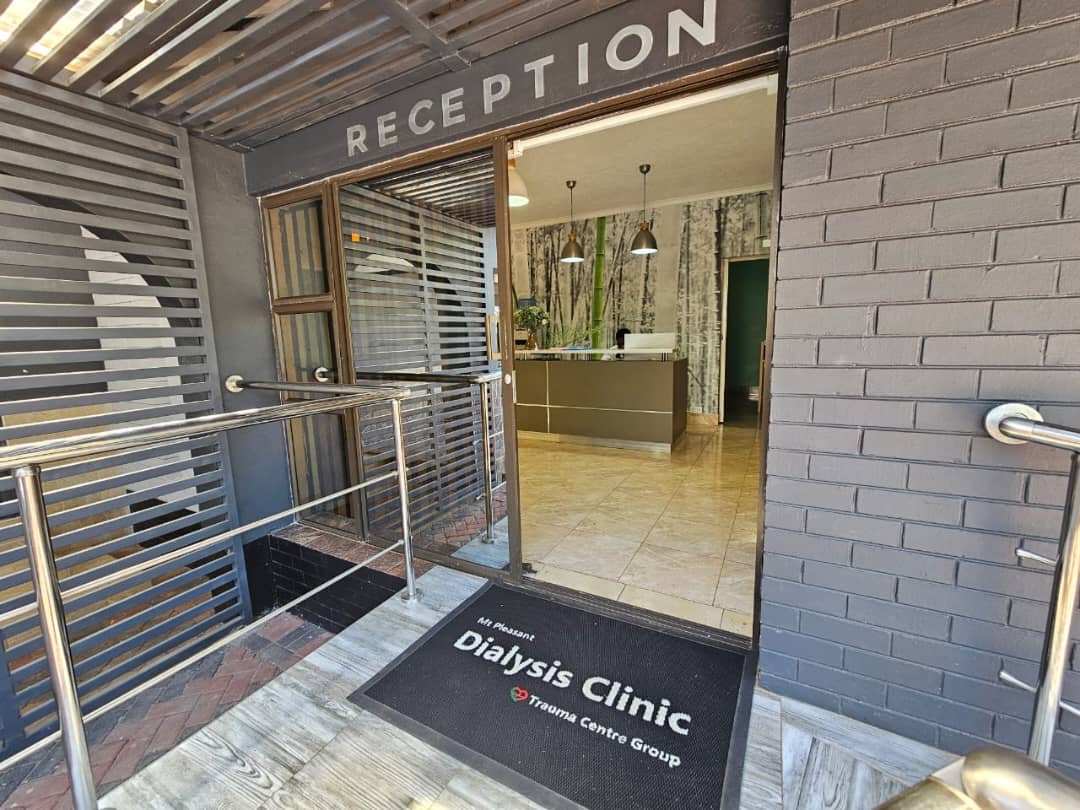
The COVID-19 pandemic of 2020 highlighted Zimbabwe’s potential as a medical tourism hub, drawing attention to the country’s healthcare capabilities. During this time, many South Africans came to Zimbabwe for vaccinations, demonstrating that the country can attract patients from beyond its borders. By strengthening our medical tourism offerings, locals would also be less inclined to seek specialized treatment abroad, allowing Zimbabwe to conserve vital foreign currency and even generate revenue from international patients. Medical tourism represents a low-hanging fruit, yet much of the local expertise remains underrecognized.
CONTACT


